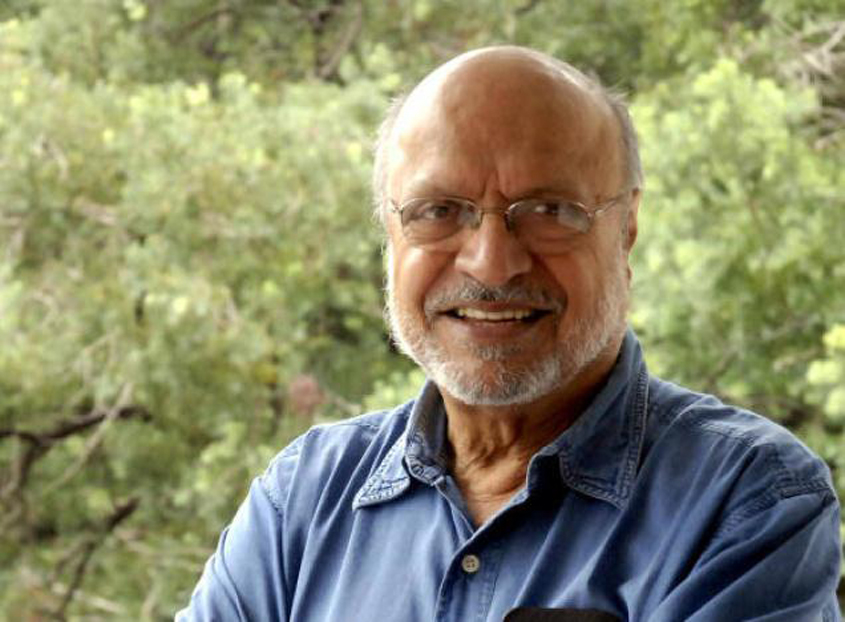The Shyam Benegal Committee had submitted its report to the I&B Ministry in April 2016. I&B Minister Venkaiah Naidu had said earlier this year that the ministry would take action on the recommendations made by the committee in 2016 for the overhaul of CBFC, but no announcement followed, leading many in the film industry to speculate on the fate of the committee’s recommendations.
But Benegal clarified that there may be some movement soon. “I met the officials in the ministry and asked them about the status of the recommendations for the overhaul of CBFC. It’s been really long and there has been no clarification whatsoever on whether the ministry is accepting all the recommendations or part of it. They have said they will get back to me in couple of days,” Benegal told this reporter immediately after his meeting with the officials in I&B Ministry on Thursday.
Earlier, the I&B Ministry, in its official statement had stated that the government was amenable to “most of the recommendations” made by the Shyam Benegal Committee and the “amendments would be in tune with the technical and other realities of film production and modern times”.
An official in the I&B ministry told this newspaper, “The government is very keen to bring in the necessary changes in the Cinematography Act, 1952 and revamp the board. But these processes take time.”
The draft Bill, which has taken into consideration the recommendations made by Shyam Benegal, has already been initiated and will enable the Centre to take over the CBFC under “special circumstances” in order to safeguard “public interest”.
While it remains unclear what these special circumstances would be, the new Bill gives power to the Centre to not only extend the duration of its control over the Board, but also to restructure the certification body.
The new Bill is expected to take away the CBFC’s power to demand cuts in a film. A new “adult with caution” category will also be introduced. The report suggested that the existing categories should be sub-divided to make the content accessible to appropriate audience. For instance, the report suggests that the current UA category should be sub-divided into UA 12+ and UA 15+.
Benegal also said that “There have been increasing cases where the Central Board of Film Certification has demanded unreasonable modifications and cuts.”
In what could be seen as seconding of accusations against the Pahlaj Nihalani-led board that it took “controversial decisions”, Benegal cited a documentary on Amartya Sen, and Madhur Bhandarkar’s movie Indu Sarkar as “recent examples (of controversial decisions)”.
Responding to these developments, Anurag Srivastava, CEO at CBFC, told The Sunday Guardian, “The Board acts as per the laws. As and when new regulations are announced by the government, the Board will start implementing them.”
The CBFC’s power to censor was approved by the Supreme Court in 1970 in the K.A. Abbas versus Union of India case, where the Board had asked for certain cuts in the award-winning filmmaker’s movie

